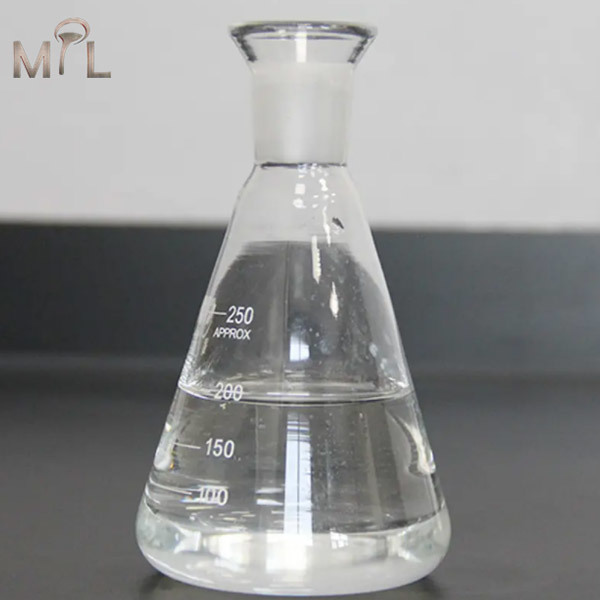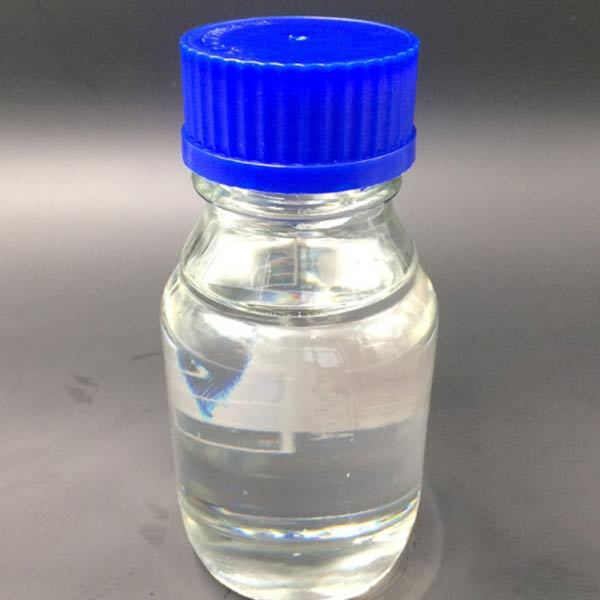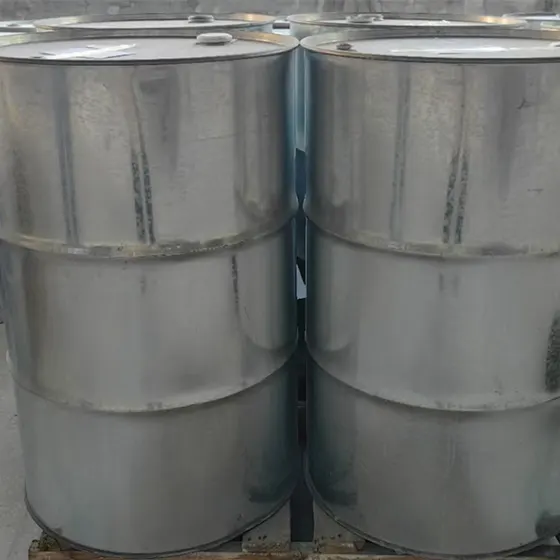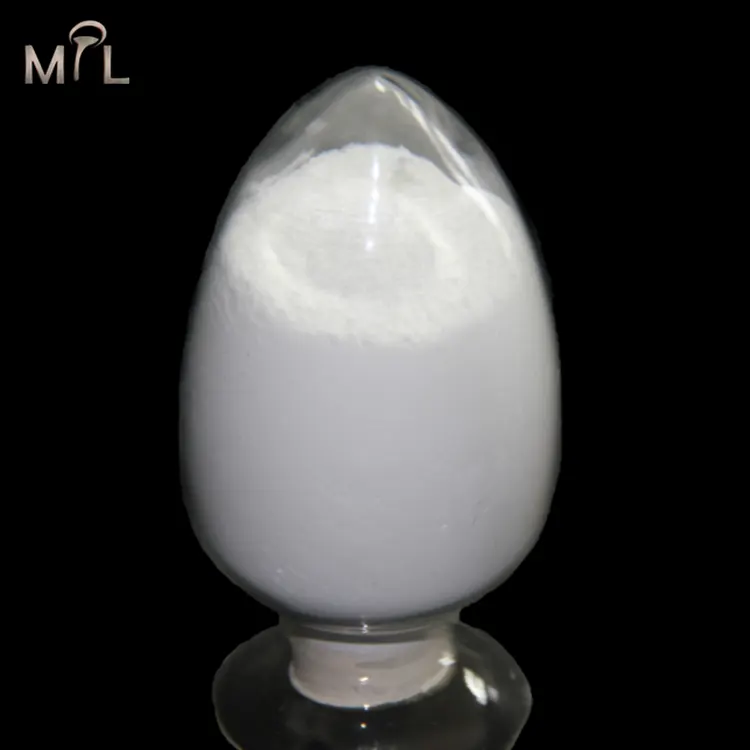
Inulin: A Comprehensive Guide
Release time:
2024-11-11 00:00
Inulin is a type of dietary fiber that is commonly found in plants, such as chicory root, Jerusalem artichoke, and dandelion root. It is a prebiotic fiber, which means it promotes the growth of beneficial bacteria in the gut. Inulin is not digested or absorbed in the small intestine, instead it passes through to the colon where it is fermented by the gut bacteria.
One of the main benefits of inulin is its ability to support digestive health. Because it is a prebiotic fiber, it helps to promote the growth of good bacteria in the gut, which can improve digestion and reduce the risk of digestive disorders such as irritable bowel syndrome (IBS). Inulin has also been shown to help regulate blood sugar levels, improve cholesterol levels, and support weight loss.
In addition to its digestive benefits, inulin may also have a positive impact on immune health. Some studies suggest that inulin can help to boost the immune system by increasing the production of beneficial bacteria in the gut, which can help to reduce inflammation and support overall immune function.
Overall, inulin is a versatile and beneficial dietary fiber that can support digestive health, immune health, and overall well-being. By incorporating inulin-rich foods into your diet, such as chicory root, Jerusalem artichoke, and dandelion root, you can reap the many benefits that this prebiotic fiber has to offer.
Previous article
Next article
Previous article
Next article
Latest developments







